on the afternoon of may 26, the 2022 teaching seminar of the department of electrical engineering and applied electronics (eea) was successfully held online. nearly 100 teachers, including ouyang zheng, director of the teaching affair office of tsinghua university, kang chongqing, dean of eea, and yu xinjie, secretary of the party committee of eea, participated in the seminar to discuss under the title of “learning and discussing the work arrangement of the 26th educational work symposium”. the seminar was chaired by zhu guiping, deputy dean of eea.
zheng zedong delivered a speech
first of all, zheng zedong, deputy secretary of the party committee of eea, reported the recent pandemic control work of eea. he introduced in detail a series of important measures taken by eea in different stages of pandemic control, which effectively protected the normal progress of daily work such as teaching and scientific research. eea pays special attention to the students’ physical and mental health in school, and has improved the confidence of the teachers and students about fighting against the covid-19 together.
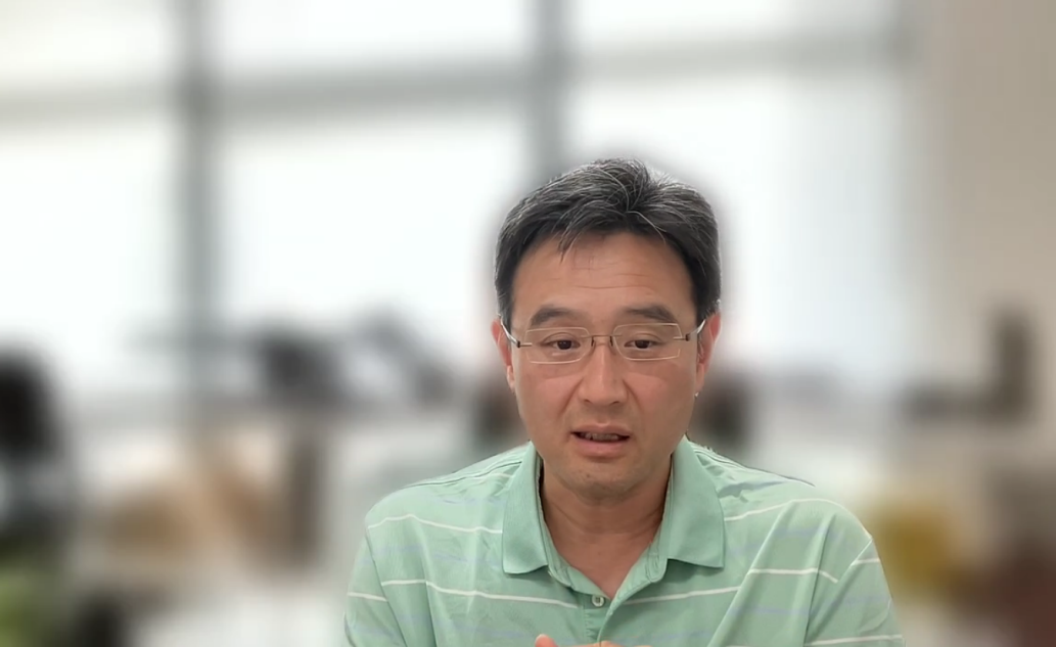
ouyang zheng shared his views
afterwards, mr. ouyang zheng shared the information about 2030 high-level talent training plan, connotation and extension of the 26th educational work symposium, analysis of the discipline and professional governance system, and the innovative engineering talent training ideas of weixian academy of tsinghua university. he also suggest all teachers of eea make active and in-depth exploration for the orientation and method of educational reform in tsinghua university.
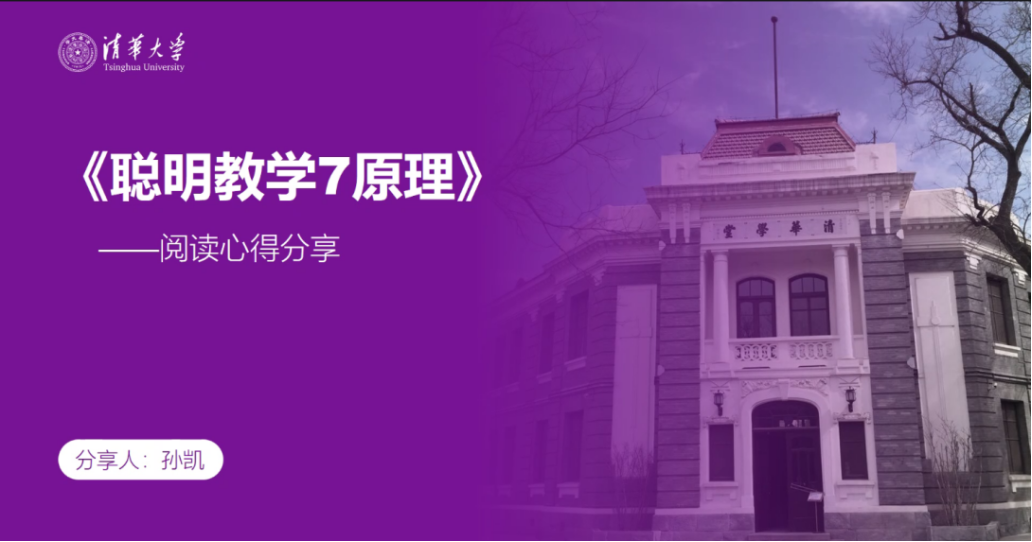
sun kai made an introduction
after that, sun kai shared his feeling after reading the “7 principles for smart teaching”. he introduced the 7 teaching principles revealed in the book, which were supported by specific teaching cases, including a large number of practical strategies and methods to help teachers organize teaching more scientifically.
next, nearly 100 teachers were divided into four groups for group discussions under topics of educational evaluation systems (for students), educational evaluation systems (for teachers and courses), discipline and professional governance systems, and future teaching organization models. after the group discussion, the leaders of each group briefly reported the discussion to all the participating teachers, including the optimization of undergraduate students’ credits, evaluation of learning abilities, optimization of classified postgraduate training model, evaluation system of postgraduate theses, problems and contradictions between curricula and students’ need, reform of the national key laboratories of eea, important roles played by the two institutes in personnel training and scientific research, introduction of international talents, overall coordination among different training models, interdisciplinary and labor education, etc. during the discussion, the teachers put forward valuable suggestions and feasible solutions for many problems in combination with the actual situation of eea.
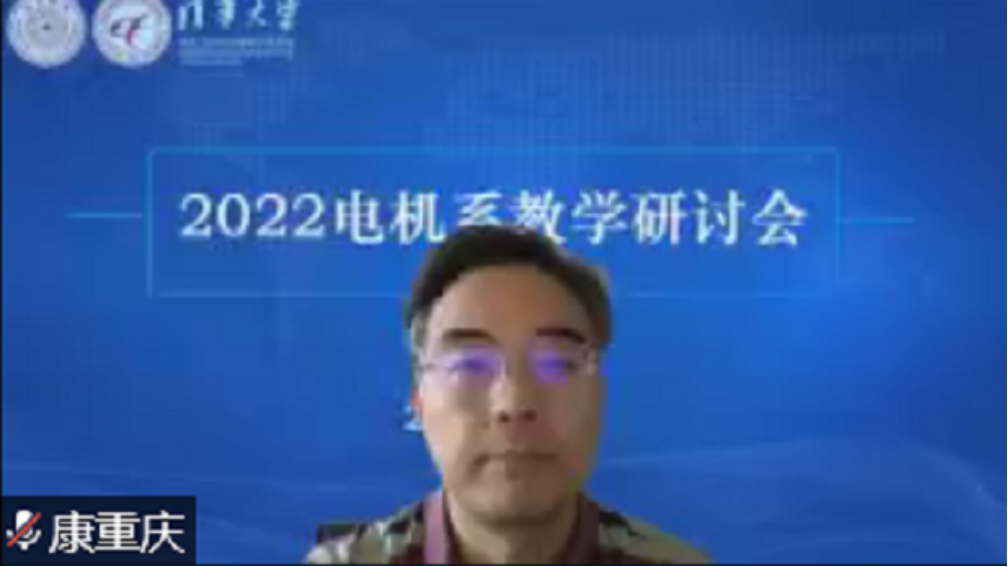
kang chongqing made a concluding speech
at last, kang chongqing, dean of eea, made a concluding speech about two segments of work, teaching work and recent major work. he first conveyed the spirit of the university’s 26th educational work symposium, deeply analyzed the work plan for the reform of the governance system of the department, and introduced in detail the analysis framework of the five systems and the preliminary result of the five systems of eea. then, he introduced that eea has successfully completed the 90th anniversary celebration activities, and has also made important progress in the reform of the national key laboratories and the establishment of the “electricity energy transactions (english)” (ienergy). finally, he emphasized that pandemic control should be the top priority in the near future, and encouraged the teachers and students of the whole department to do well in teaching and scientific research with a positive attitude under the pandemic.
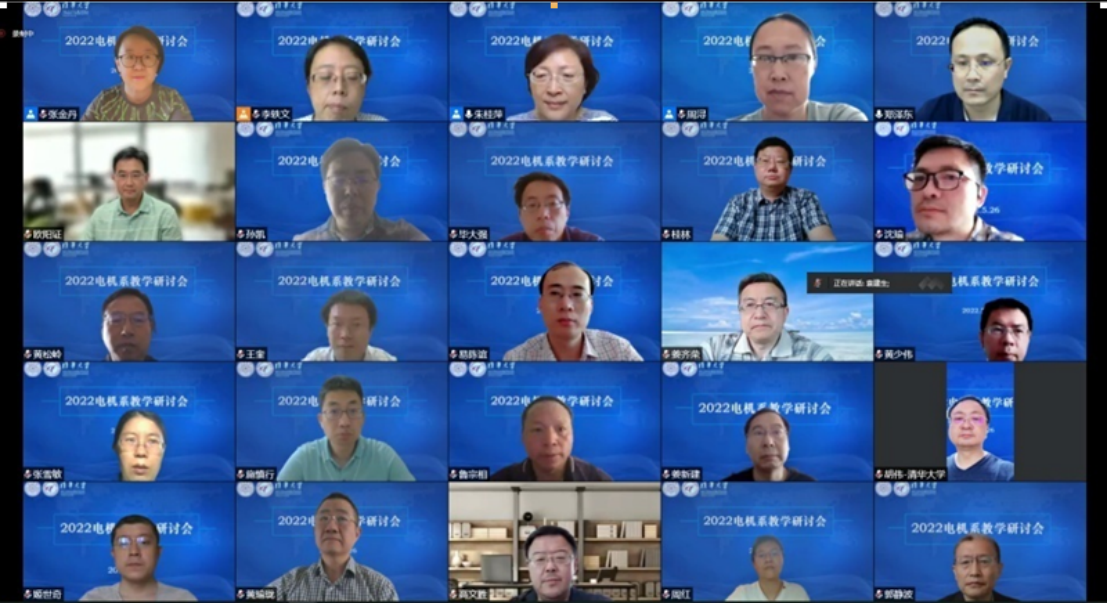
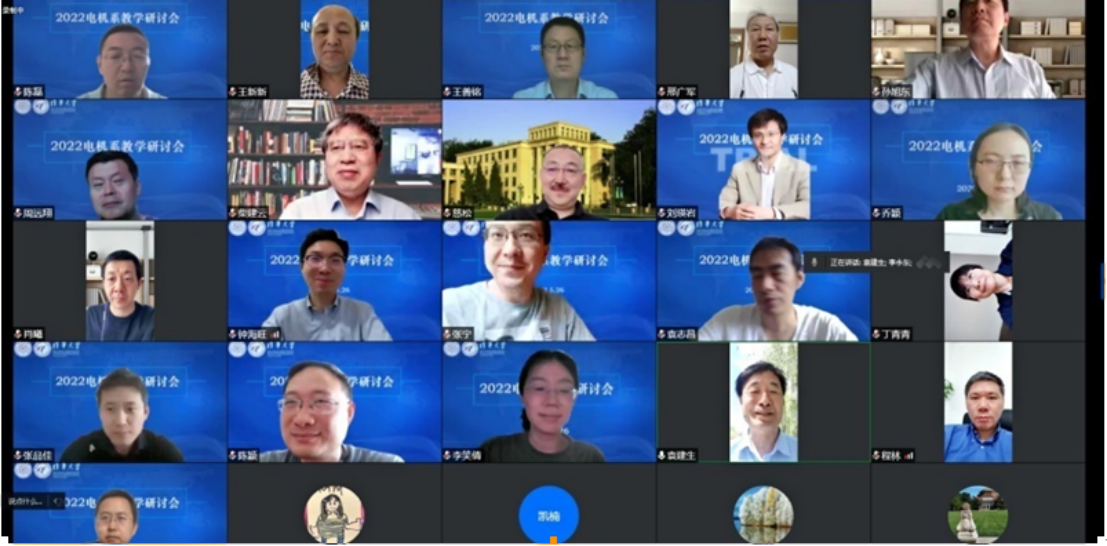
group photo of all teachers at the seminar








